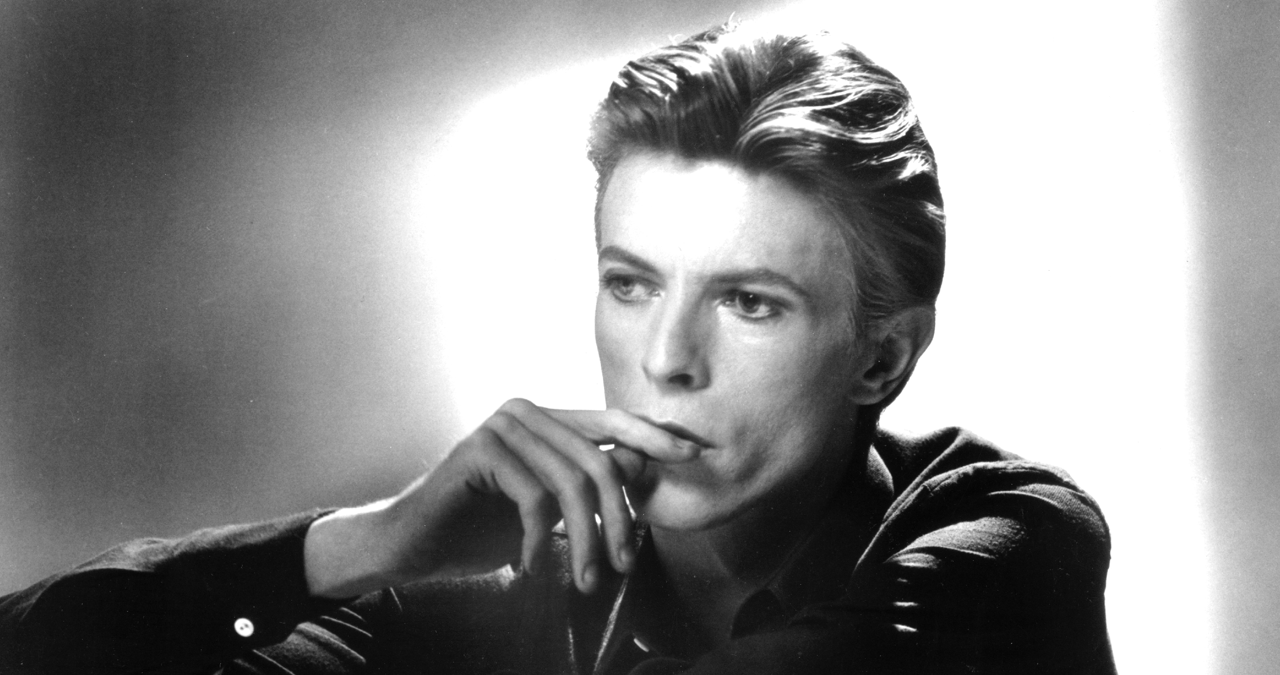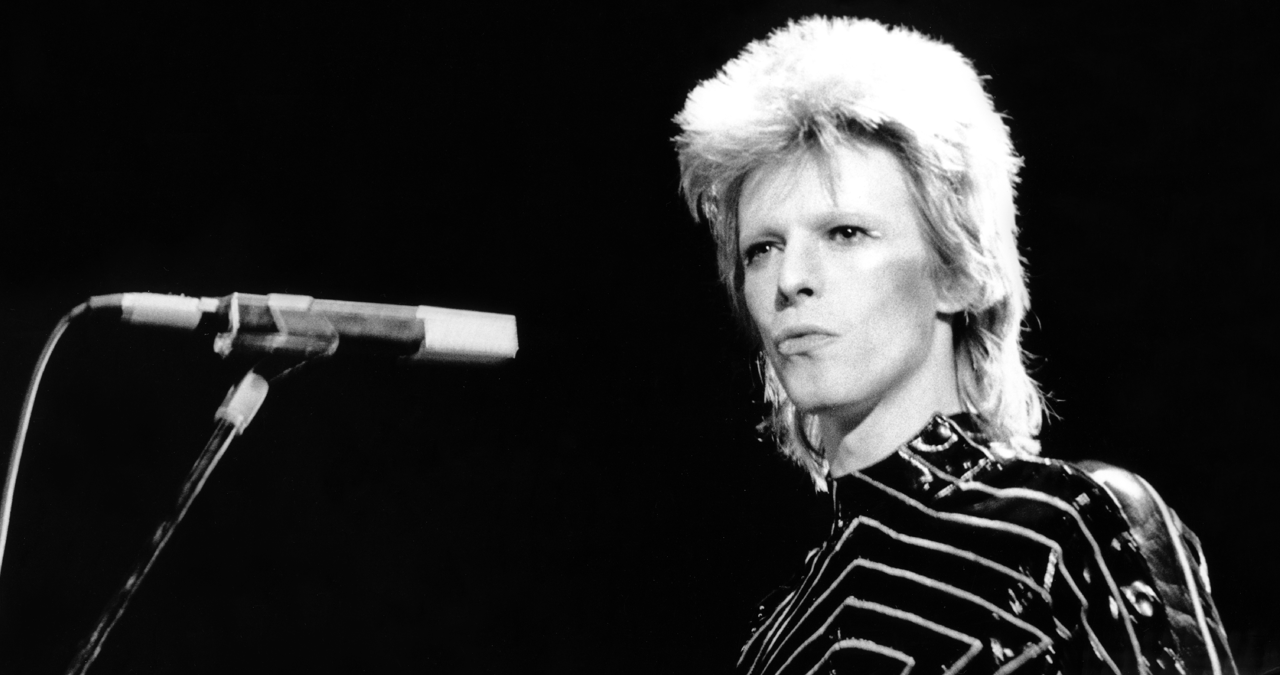
Often - and somewhat erroneously - referred to as a musical chameleon on the strength of his genre-flitting career, David Bowie’s talent for both songwriting and performance would in actual fact push him to the very epicentre of the musical and cultural conversation. Bowie rarely, if ever, 'blended in'.
As a creative, Bowie never adopted a simple, one-size-fits-all approach to making music. Over the span of his 54-year creative odyssey, Bowie leapt across genres including folk, heavy rock, glam rock, soul, funk, electronic, pop, industrial and… well, it’d be easier to list the genres he didn’t dip his toes into.
He also invented a few for good measure. Have you heard Low? It essentially set the synth-pop template for the ensuing decade.
Bowie’s music-making approaches differed album-to-album, and incorporated the stylistic flavours of whichever musicians he was working with at the time. But there was an ever-present philosophy that underpinned the way he approached the creative process across his career.

Back in 2003, in an interview with Classic Rock, he told journalist and songwriter Bill DeMain that for the writing of his then-latest album, Reality, he adopted a tight, rule-based approach. It evidently led Bowie in unexpected directions.
“It’s absolutely essential that I get surprised and excited by what I’m doing, even if it’s just for me,” Bowie told DeMain. “To allow the accidental to take place is often very good. So I trick myself into things like that. Maybe I’ll write out five or six chords, then discipline myself to write something only with those five or six chords involved. So that particular dogma will dictate how the song is going to come out, not me and my sense of emotional self.”
Bowie admitted that he would then take these ideas borne out of restriction and ‘cheat’ his own rules. “If I’ve got the basis of something really quite good coming out of those five or six chords, then I’ll allow myself to restructure it a bit, if I think, well, that could be so much better if it went to F# or something like that.”

Bowie sums up the point constructively; “To define the rules, then take it as far as you can go with that little rule, then break it, I find is really a way of breaking writer’s blocks as well.”
Hitting walls when songwriting, or trying to force out new tracks when we're not exactly feeling it, can lead us to fall back too heavily on our tried-and-tested routines.
After a while, we can find that what we’re making is derivative of previous songs we’ve written, or just isn’t sounding as fresh and stimulating as our earlier songs or tracks.
It’s important to stress, to all songwriters, music producers and creators, that the first pair of listener ears to experience a song are our own. We are not just the maker of a song, but we’re also, often without realising it, the test audience.
It is our emotional response that dictates how we feel about the developing piece of music. So, if it isn't resonating with us from the outset (or the guiding idea of where the developing track will go isn't exactly stimulating) we’ve got a big problem.

David Bowie knew how important it was to keep the 'experiencer' facet of himself engaged during the creative process. Adhering to self-imposed rules, such as the one he described applying in the 2000s, or just coming at the songwriting process from different angles, underline his awareness that you can't always trust the unregulated self to not be predictable.
Always keen to explore other characters and aspects of himself, Bowie had no trouble dividing himself in the studio - not just as the creator of a piece of music for public consumption, but as an excited witness to its genesis.
Thinking about writing in this way wasn't new for him, as he'd previously (famously) used cut-up sections of books and magazines to trigger new lyrical and thematic ideas, and - in his work with Brian Eno - warmed to the synth pioneer’s love of Oblique Strategies.
“It’s absolutely essential that I get surprised and excited by what I’m doing,” Bowie asserted. And, if you aspire to a career as artistically fruitful as his, it’s essential for you too.







